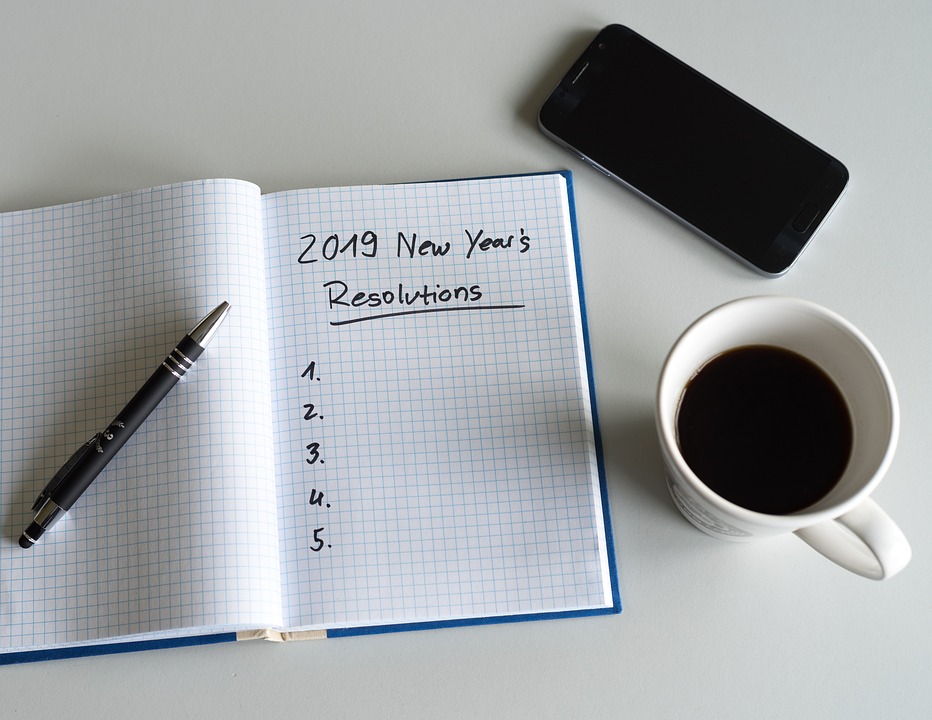Making sure you chew your food completely is not necessarily something you will see on the list of “Top Ten New Year’s Resolutions” anytime soon. Here at GANJ we want to emphasize the importance to the community. Raise your hand if this brings back memories of your mother or father saying “make sure you chew your food before swallowing!” Turns out, your parents weren’t wrong. There are numerous benefits to making sure you take your time and chew your food as much as possible before swallowing and we’re here to list those:
1. Avoid choking
Maybe the most logical choice of the bunch, but we have to list it first. Those who literally bite off more than they can chew run the risk of choking on their food. Whether it’s something as soft as mashed potatoes, or as tough as a steak, trying to swallow too much can lead to choking. And as we all know, choking can possibly lead to death. When your windpipe is suppressed with food, air cannot travel into or out of your lungs. Thankfully, if caught in time, trained professionals, such as EMTS, nurses, and physicians are trained to dislodge food or objects from the esophagus. Remember, children are not the only ones who run the risk of choking.
2. Absorb More Nutrients and Energy From Your Food
Aside from making us feel full, we eat to gain nutrients that sustain our bodies throughout the day. For example, bodybuilders and athletes spend top dollar on foods that contain the right mix of proteins, carbohydrates, and vitamins for their daily needs. Wouldn’t it be a shame if that all went to waste simply because they weren’t chewing their food long enough? When food is chewed for longer, the enzymes in your saliva have a better chance of breaking down the nutrients in your food before they even get to the stomach and intestines.
3. Easier Digestion
We just finished speaking about saliva extracting vital nutrients from your food before your stomach and intestines can complete the job. The reason for this is that, as many people don’t know, digestion begins the second food is placed in your mouth. Your saliva is filled with enzymes that begin breaking food down. Once the food reaches the stomach, the job has already begun. This lessens the burden on your digestive tract, and allows for softer food to pass through. Chewing your food too fast can lead to cramping, constipation, and bloating in the stomach.
4. Less Bacteria in the Intestines
When bigger particles of food enter the intestines, they risk a higher chance of sitting too long. When this happens, food will rot and bacteria will grow. Your digestive tract is made up of “good “and “bad” bacteria. When the bad guys take over, conditions such as IBS and constipation can take form. On the flip side, smaller particles of food that have already begun the digestion process will pass through the intestines at a healthier rate.
5. Enjoy Your Food
Very rarely do you have to rush through a meal. In fact, eating (as well as drinking) is just as, if not more, important than the event you are off and running to. Take ten to fifteen minutes and enjoy that meal you love so much. Chewing your food is not only good for you physically, but mentally as well. Many of us live hectic and fast-paced lifestyles, so taking fifteen minutes to enjoy your food to the fullest will only benefit you.


